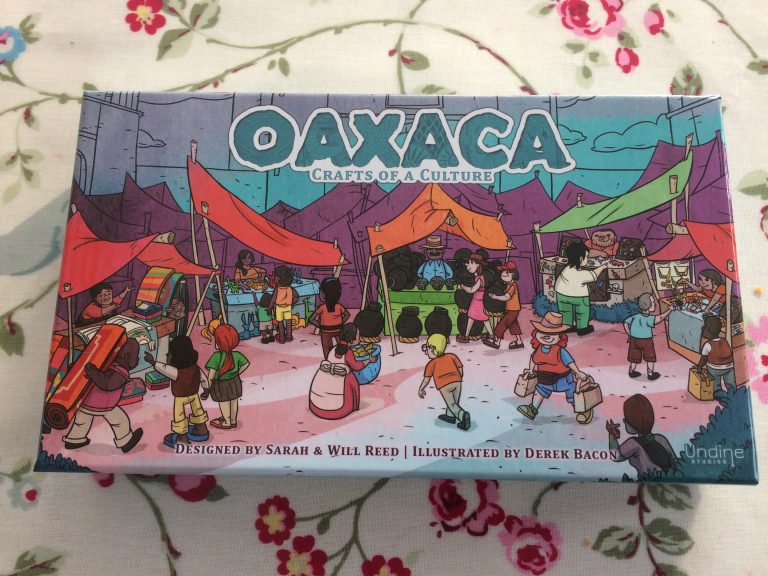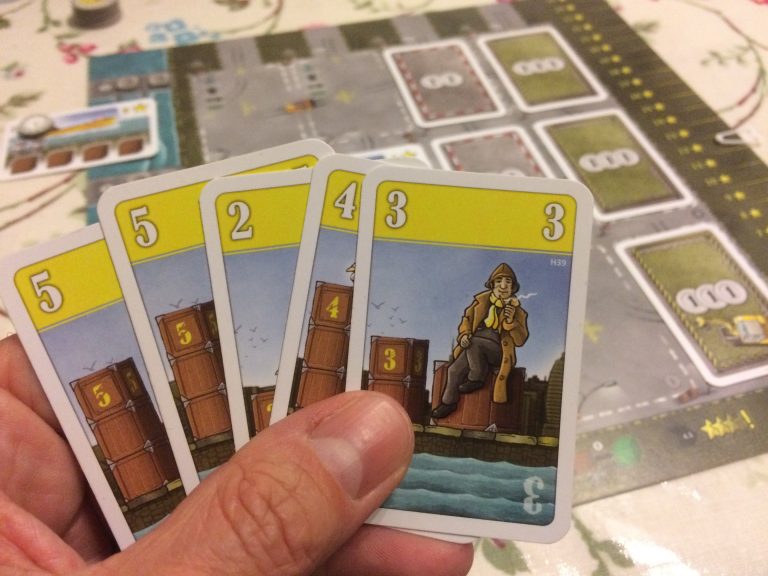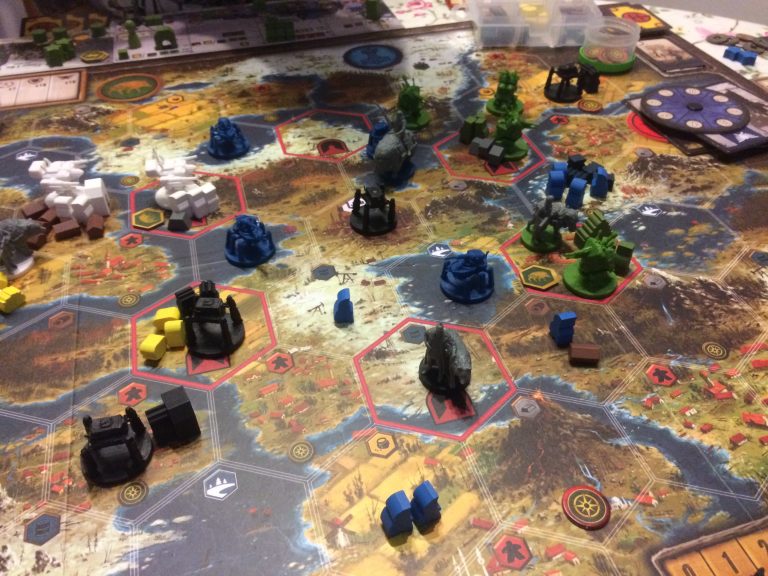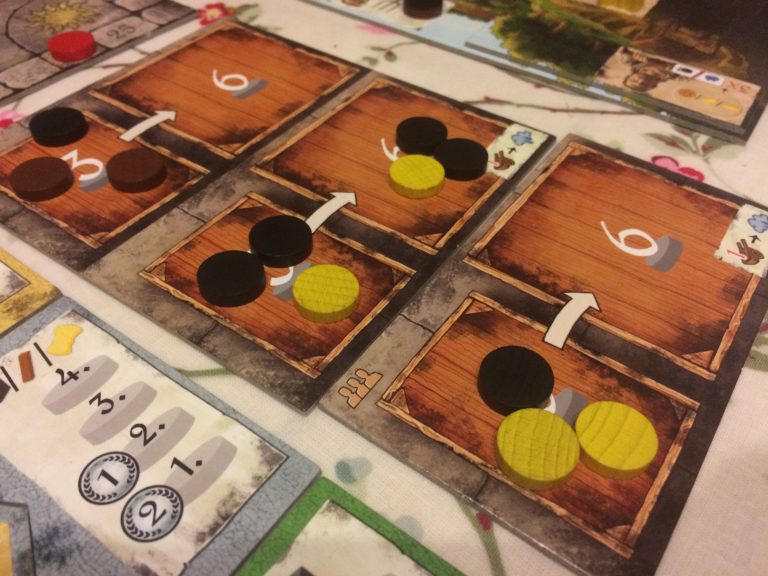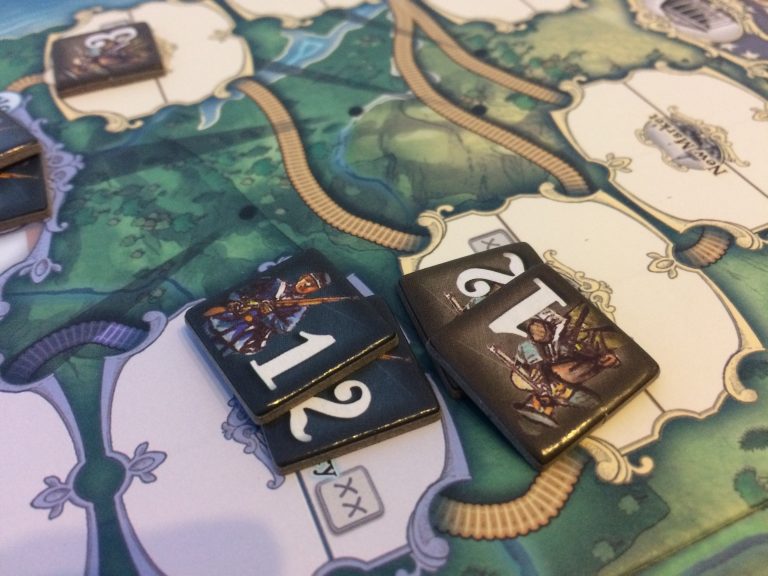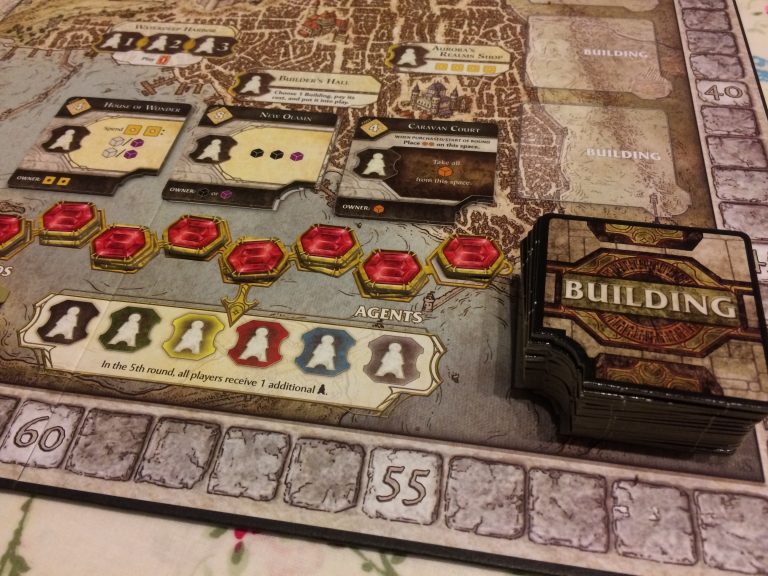Oaxaca: Crafts of a Culture (Saturday Review)
If you like dice action selection games where you slowly build up action combos, then Oaxaca: Crafts of a Culture by Undine Studios is for you. Now don't be put off by dice rolling, beause in this game you can easily mitigate bad luck and even bad rolls still give you plenty of opportunities. Oaxaca ("wa-ha-ka") is also beautifully illustrated, quick to learn and really quick to play, while still maintaining enough interest even for very "serious" gamers. So there is something for everyone and one of the few games that I can confidently recommend for family gaming as well as regular games night groups.

